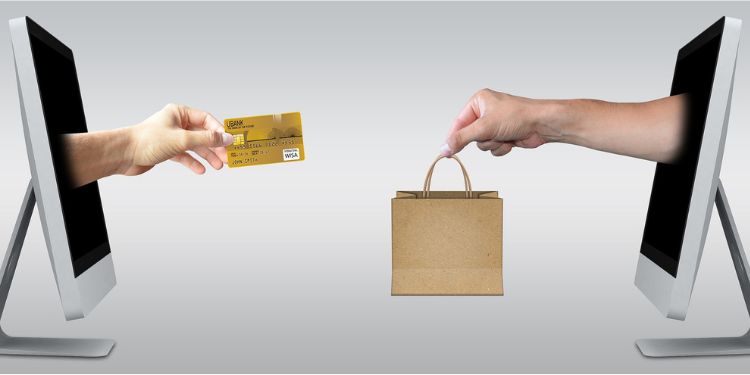JCB International has identified a opportunity for European merchants and acquirers to tap into the rapidly growing Indian payments market, with JCB’s data showing a 70% growth in Cardmembers between Q4 of 2021 and Q2 of 2022.
Projected to have the third-largest number of high-income households by 2030, the region is set to contribute $1.8 trillion to global consumption growth.
Traditionally a “cash-first” society, there has been a significant shift towards digital and card payments as part of a “less-cash” movement in recent years. This has been accelerated by government initiatives such as Digital India introduced with the specific aim to “transform India into a digitally empowered society and knowledge economy”.
The National Payment Corporation of India (NPCI), set up by the Reserve Bank of India and Indian Banks’ Association, has been a major factor in enabling widespread digital payments in the region. Reinvesting profits into growing India’s payment ecosystem, the umbrella organisation operates retail and settlement payment systems throughout India and has a comprehensive services portfolio that makes them a central figure in the market.
In terms of spending, research shows most Indians are optimistic in the wake of the Covid-19 pandemic, with consumer and retail spending including fresh produce, health and wellness goods, new vehicle purchases, and travel. As restrictions ease and travel is possible once more, the appetite to do so has only intensified, with outbound tourism set to surpass $42 billion by 2024 and Indian firms expected to facilitate easier travel through better connected flights. Already one of the world’s fastest growing aviation markets in 2019, there is an expectation that the number of daily fliers will exceed pre-pandemic numbers by the early 2023 with the likes of London, Paris, Dubai, Toronto, and Amsterdam being the most popular international destinations.
This spending increasingly takes place online, too, with Indians willing to spend abroad from their home – especially with recognised brands and in frictionless and secure ecommerce environments. Access to reliable internet and low-cost data makes it easier to go online at a time when traditional shopping methods have been more difficult amidst pandemic restrictions. The ecommerce sector alone is expected to grow by 96% between 2021-2025 and worth $200 billion by 2026. 43% of international transactions from JCB Cards came from ecommerce spending.
These figures have been released alongside the launch of JCB’s latest whitepaper, ‘Prosperity Awaits – Tapping into the Indian Market’, which includes exclusive insights for European merchants and acquirers on Indian spending patterns, and the importance of building customer relationships early to capitalise on the opportunities.
Ray Shinzawa, Managing Director, JCB International (Europe) Ltd., commented, “The Indian market is growing at a rapid rate and boasts one of the world’s fastest-growing economies.[11] This is providing opportunities for merchants and acquirers outside of South Asia to grow their presence in the region and unlock the potential it, and its population of over 1.4 billion people, has to offer.[12] JCB’s place in the payment ecosystem means we are well-positioned to help our European merchants and acquirers navigate and make their mark in this vast region” he continued.
Satoru Mori, Managing Director, JCB Card International (SouthAsia) Private Ltd., said, “There is a real opportunity for European merchants and acquirers to have success in the Indian market. The region is putting significant time and resources into embracing a digital outlook and this benefits modern payment methods. Meanwhile, the population itself is willing to spend as we emerge out of the pandemic. It is all about providing a painless and secure process that will allow individuals to trust you with their disposable income.”

